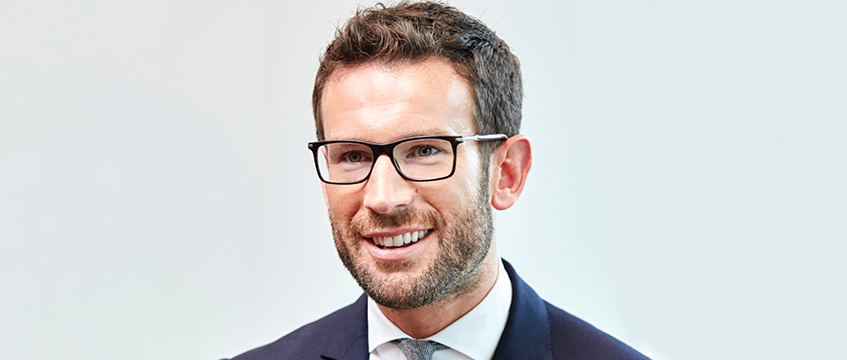The story is told of a Soviet expert being given a tour of London during the Cold War. The visitor was so impressed by the plentiful supplies of bread, and lack of any queues in shops, that he demanded to meet the person in charge to learn their secret. The much-quoted answer is that such a role did not exist, for capitalism alone ensured London was kept well-supplied. During the decades that followed, this story was held up as an example of how the market beats autocracies, how capitalism outwits socialism, and why the shareholder deserves their sovereignty.
The story in London and across the UK is different today. Shelves have been bare for weeks for certain essentials. In turn, countries that have taken a more autocratic approach are now reopening their economies and shipping vital supplies to a struggling West. There are many lessons to be learned from the situation we now find ourselves in, and we have a prime opportunity to take stock and emerge stronger.
Economic renaissance
Capitalism has never been quite as “pure” as the story of London’s bread supplies would have you believe. Londoners obtain their loaves in a variety of ways, be that their local baker or corner shop, or, in those upmarket areas, perhaps Whole Foods might provide a sourdough fix. For a significant portion of the population, however, their bread comes thanks to the state’s provision or the generosity of others, embodied in charities and local community ventures. Indeed, while the shelves of my local Tesco might be bare, the continued efforts of those three cords – market, state, and community – are battling to ensure that as few people as possible in Harlesden, my corner of London, are going hungry in this crisis.
Those three cords will become all the more important at this time. Their roles are likely to change (perhaps irreversibly), and their ability to collaborate for society’s benefit will be more important than ever.
With public borrowing set to increase by £273bn this year alone, HM Treasury has limited capacity for further largesse. However, government undoubtedly has a role to play in any recovery; changing the rules of the market to enable each element of society to play its social role. This will be accomplished through policy nudges, the use of guarantees, and reorientation of funds such as MHCLG’s £1.6bn Towns Funds as enablers of local economic renaissance.
Nurturing growth
Local government has a particularly important part to play, too. The best local leaders view this crisis as an opportunity to accelerate towards the future, rather than re-hashing the last decade’s failed projects. There is real scope for places to specialise in new industries that can both jump-start local economies and create the green growth our country needs. Residential retrofitting of homes to achieve carbon neutrality, ground source heat pumps, and autonomous vehicles spring to mind as a few examples. High streets will need to be fundamentally repurposed, and primary healthcare re-prioritised. The many homeless who have moved off the street for the first time in decades need to be offered sustainable accommodation. If this crisis is to be the accelerator many have hoped for, local authorities will be absolutely key in shaping that future.
This does not downplay the need for ‘the market’ and the requirement for investment. It takes courage and leadership to invest at times like this. Central and local government will need to lean hard on long-term sources of finance to provide a ‘multiplier effect’ on government intervention. This investment must be directed towards driving a long-term economic recovery. One which protects and creates jobs, offers housing for all demographics, and can provide renewed purpose for the many people whose lives have been radically changed by this crisis. It cannot simply be motivated by seeking opportunistic returns.
We are witnessing a re-evaluation of what we mean by ‘society’, and who we value within it. Community mutual aid WhatsApp groups have sprung up, neighbours have reconnected, and 750,000 individuals have volunteered to assist the NHS. Both individuals and corporate bodies must embrace their respective social roles if we are to pull through together. The temptation of searching the minutiae of legal contracts must be overcome by acting upon the primacy of the social contract that binds us. Hope, resilience, and care for those in need are the oxygen that capitalism needs to survive.
Pete Gladwell is head of public sector partnerships at Legal & General Investment Management











